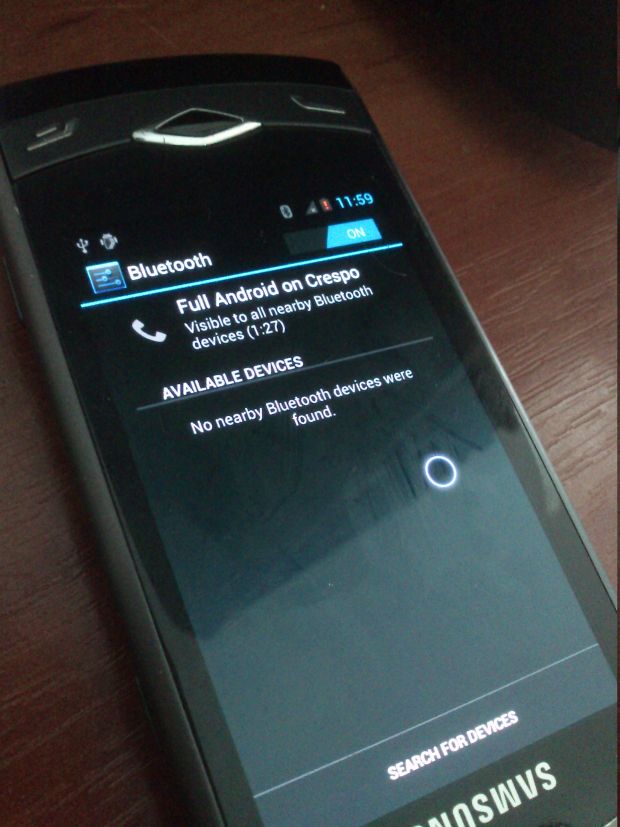Smartphones are constantly scanning their surroundings for available access points, and with each probe, they send a MAC—short for media access control—address associated with the handset. Throughout most of the history of Wi-Fi, the free exchange of MAC addresses didn’t pose much threat to privacy. That all changed with the advent of mobile computing. Suddenly MAC addresses left a never-ending series of digital footprints that revealed a dizzying array of information.
Eventually, engineers at Apple and Google realized the potential for abuse and took action. Their solution was to rotate through a sequence of regularly changing pseudo-random addresses when casually probing near-by access points.
Even the Android phones that did provide randomization suffered from flaws that largely rendered the protection meaningless.The researchers said that RTS frame attacks work against all models, manufacturers, and OSes because of a flaw in the way Wi-Fi chips handle low-level control messages. As a result, the flaw won’t be easy for Apple or Google to fix.
[Source]



